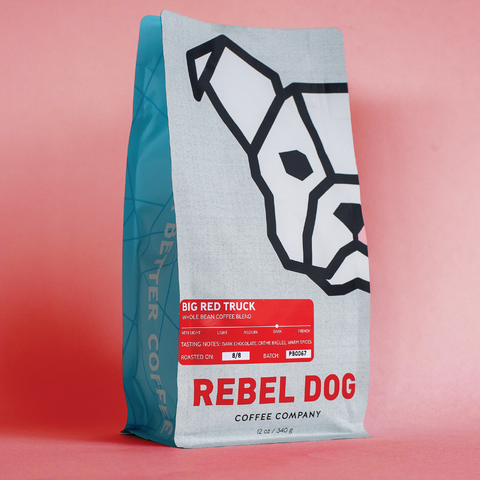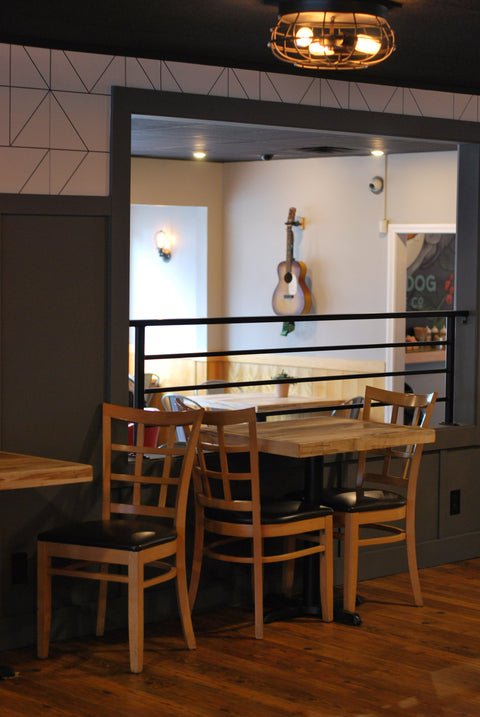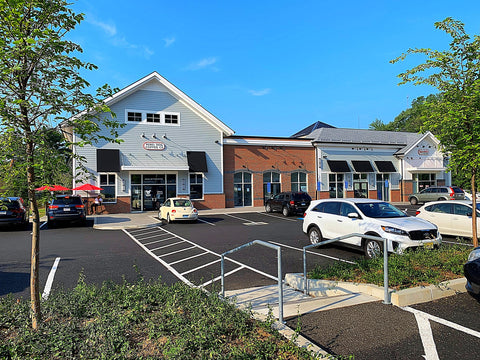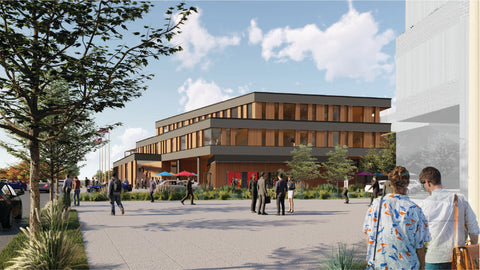What's in Big Red Truck?
Varieties: JARC, Local Landraces
Growing Altitude: 1,100-2,300 masl
Processing Method: Natural
Sookoo Coffee is a family owned company that produces and exports organic specialty and traceable coffee in the high altitudes and semi-forest of Guji, located in the South of Oromia Mountains of Ethiopia. The Guji region is home to top award-winning coffees both within Ethiopia and internationally.
Local farmers deliver fully ripened coffee cherries to Sookoo's cherry collection centers or washing/drying stations. Producers must harvest coffee cherries when they are fully ripe, as the ripest cherries yield beans with more sugar, which gives coffee beans a complex cup profile. It requires concentration, attention to detail, and commitment from the farmers.
Sookoo specializes in only natural processed coffees, and they work in three woredas (Shakkisso, Uraga, and Haro wolabo) of East Guji. They focus on working with small groups and providing education for the farmers – teaching good agricultural practices and best picking practices (only ripe red cherries). The freshly harvested cherries are delivered to the cherry collection centers or washing/drying stations where they go through intensive sorting to separate over and under-ripe fruit out from the lots. Then the coffee is immediately put out onto a raised African bed while it is still fresh to protect fermentation. Total drying times are around 21 – 28 days. The strict attention to detail here in the drying stage is what separates Ethiopia's, and especially Sookoo's, coffees from the rest of the world.
Variety: Heirloom Ethiopian
Growing Altitude: 1789–1860 masl
Processing Method: Washed
This coffee comes from Cafe Imports' washing-station partners at Adado, which is in the kebele, or village, of Shara, in the woreda,or district, of Guanga, in the Yirgacheffe region. This coffee is named after the local tribe, "Adado." In these coffees, typically apricots and peaches with supportive citrus and floral higher tones come together in a delightful cup.
Coffees in Ethiopia are typically grown on very small plots of land by farmers who also grow other crops. The majority of smallholders will deliver their coffee in cherry to a nearby washing station or central processing unit, where their coffee will be sorted, weighed, and paid for or given a receipt. Coffee is then processed, usually washed or natural, by the washing station and dried on raised beds.
The washing stations serve as many as several hundred to sometimes a thousand or more producers, who deliver cherry throughout the harvest season: The blending of these cherries into day lots makes it virtually impossible under normal circumstances to know precisely whose coffee winds up in which bags on what day, making traceability to the producer difficult. We do, however, make every available effort to source coffee from the same washing stations every year, through our export partners and their connections with mills and washing stations.
Typically farmers in this region don't have access to and therefore do not utilize fertilizers or pesticides in the production of coffee.






